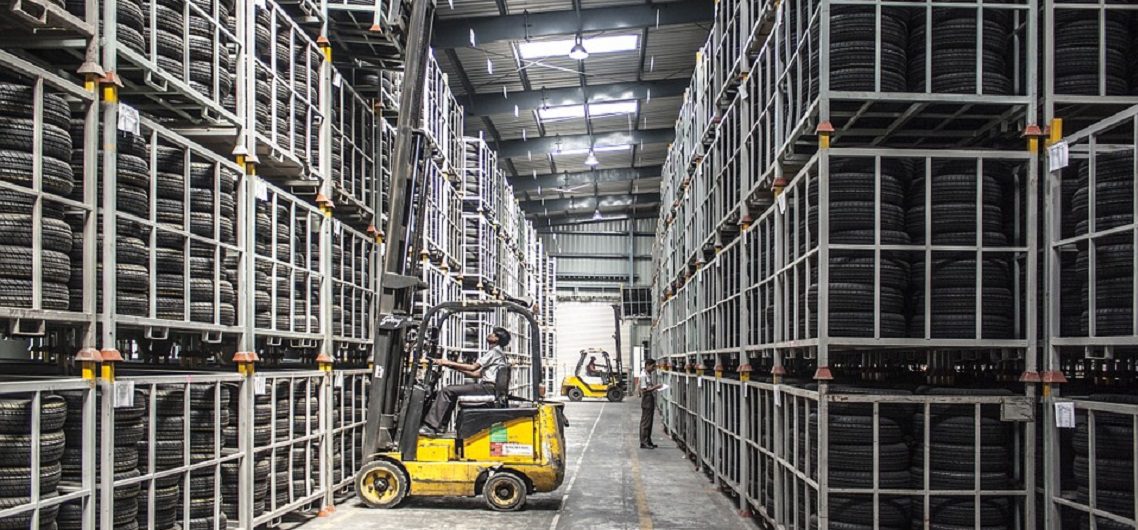The European Parliament and the Council have come to an agreement on the Commission’s second proposal to broaden the list of recognised cancer-causing chemicals in the workplace.
With this agreement, 8 additional cancer-causing chemicals will be covered by the Carcinogens and Mutagens Directive, including diesel exhaust.
Commissioner for Employment, Social Affairs, Skills and Labour Mobility, Marianne Thyssen, welcomed the agreement with the following statement:
“Today we took another important step in protecting European workers from work-related cancer. The European Commission, the European Parliament and the Council, reached an agreement on legislation covering a further eight cancer-causing chemicals, including diesel exhaust. This will ensure better protection for more than 20 million workers in Europe. Workers in the chemical, metal and car industry, professional drivers, construction workers and workers in the dock and warehouse sector, in particular, will benefit. At the same time, it will make our internal market simpler and fairer, with particular attention to help small and micro-enterprises comply with health and safety rules.
I extend my thanks to all parties who made this result possible, and would like to acknowledge in particular the efforts made by the Austrian Presidency and its predecessors on behalf of the Council, as well as rapporteur Claude Rolin and the shadow rapporteurs on behalf of the European Parliament. I hope this agreement will be confirmed quickly, so we can make a real difference on the ground and prevent more than 100,000 cancer deaths over the next 50 years.”
The agreement will be submitted to the Council’s Permanent Representatives Committee (Coreper) for approval. Once the Member States’ Permanent Representatives confirm the agreement, it will be subject to a vote by the plenary of the European Parliament.
Fighting work-related cancer and creating a healthier and safer workplace is a priority for the Commission and a core principle of the European Pillar of Social Rights. Evidence shows that this focus is justified: with 52% of all work-related deaths, cancer remains the biggest silent killer in the workplace.









































